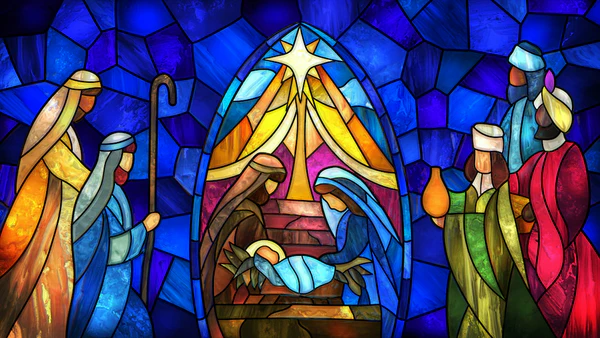Last time we looked at how our joy is most complete when we are satisfied in God. Let’s continue and look at how…
The source
“Therefore my heart is glad, and my whole being rejoices; my flesh also dwells secure. For you will not abandon my soul to Sheol, or let your holy one see corruption. You make known to me the path of life; in your presence there is fullness of joy; at your right hand are pleasures forevermore” (Psalm 16:9–11).
In Acts 2, Peter, who has just been filled with the Holy Spirit, preaches this passage as being about Jesus.
“Being therefore a prophet, and knowing that God had sworn with an oath to him that he would set one of his descendants on his throne, he foresaw and spoke about the resurrection of the Christ, that He was not abandoned to Hades, nor did His flesh see corruption. This Jesus God raised up, and of that we all are witnesses” (Acts 2:30–32).
God’s salvation plan
Jesus was not abandoned to the grave but rose again, accomplishing our salvation. His death would have been of no value to us had He stayed dead. God did not let Jesus, the Holy One, see corruption, but raised Him from the grave. This is good news for us.
Jesus, the Son of God, came to be born of a virgin. He lived a completely perfect and holy life before God the Father, righteous in every action, word, and thought. He was crucified according to God’s plan to bear the just wrath for sin. He died and was buried for three days. On the third day, Jesus rose from the grave, triumphant over sin and death. He then ascended to the right hand of God where He intercedes for His people. And anyone who turns from their sin in repentance and believes this good news of salvation through Jesus’ work will be saved from an eternal punishment of hell.
This is good news for us! And when this works deeper into our hearts daily, joy will swell.
John Payne says: “Joy is a necessary and appropriate result of applying the gospel.”
‘Fullness’
The path of life for Jesus Himself led to fullness of joy and pleasures forevermore in the presence of His Father. And we are called followers of Jesus. We get to follow Jesus into this: “Therefore my heart is glad, and my whole being rejoices; my flesh also dwells secure. For you will not abandon my soul to Sheol, or let your holy one see corruption. You make known to me the path of life; in your presence there is fullness of joy; at your right hand are pleasures forevermore” (Psalm 16:9–11).
And while this description will find its fullness, completeness when we too are in the presence of God forevermore, there is a very real sense in which we experience it now.
A perfect, real world example of this is found in Nehemiah 12. After the people have been working in grueling, treacherous circumstances to rebuild the walls of Jerusalem, the work is finally done. And the people gather to make a big show of it, dedicating the work to God. They knew that God was with them, and they didn’t want to miss an opportunity to celebrate the work of the Lord.
Remembering
This is how the celebration at the end of the dedication is described in v43: “And they offered great sacrifices that day and rejoiced, for God had made them rejoice with great joy; the women and children also rejoiced. And the joy of Jerusalem was heard far away” (Nehemiah 12:43).
And the joy of Jerusalem was heard far away. There were no microphones or speakers. The voices and cries of celebration were heard far away. Does your joy lead you to that kind of celebration?
When we gather as a church, we sing songs that remind us and celebrate who God is and what He has done. Would you describe your attitude as one of joyful celebration?
I know that we often bring hardship into the gathering — hurt, difficulties. But are you allowing those things to overshadow your joy or are you fighting for your joy to overshadow those things?
John Payne says in talking about joy in the midst of troubles: “Can you fight for joy? Be a happy warrior?”
Look to Jesus
Are you willing to fight for joy? When stress is at its max, when kids are the worst in attitude, when work is extra discouraging, when tragedy hits close to home, when sickness seems like it won’t go away, when family issues just keep going on … will you fight for joy or are you going to simply give into the sin of discontentment and lack of faith?
This psalm is written from the perspective of someone going through a trial. That’s why the first line says “Preserve me”. If things were going well for David, he wouldn’t be asking from preservation!
But he does. And then he fights for joy, ultimately ending with a prophecy, a looking ahead, to Jesus. It’s our turn to look back to Jesus.
The source of everlasting joy is Jesus.
In part 4, we will see how joyful people work joyfully.







